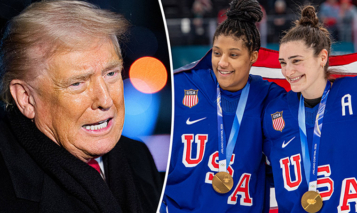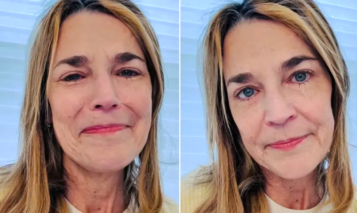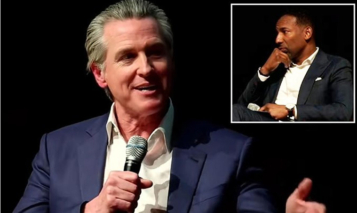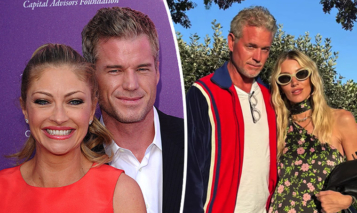
On Friday, special counsel Robert Mueller dramatically announced the indictments of 13 Russian Internet trolls for meddling in the 2016 election. Many observers wonder why Mueller indicted 13 Russian citizens who can’t be arrested or extradited to the United States.
The 13 Russian nationalists, along with 3 Russian entities (troll farms), are accused of supporting Donald Trump and “disparaging” Hillary Clinton in the election.
Also on Friday, Deputy Attorney General Rod Rosenstein — who appointed Mueller to investigate alleged Russian collusion — held a press conference to say “There is no allegation in this indictment that any American was a knowing participant in this illegal activity.”
SEE ALSO: 13 Russians Indicted By Mueller in Election Meddling Probe
Investigative reporter Paul Sperry spoke with a veteran FBI official who said the 13 Russians indicted will never be arrested.
According to Sperry, the FBI agent said the 13 indictments by Mueller are “moot.” The subjects “are all in Russia, and “This is a ‘show’ indictment for public relations” to solely justify the Special Counsel’s existence and $10 million salary.
Within hours after the indictments were announced, the Washington Post began investigating the Russian workers of the troll farm, which creates fake social media accounts to tweet and retweet propaganda.
The Post’s investigation found that Mueller and his legal team relied on a 2013 article about the troll farm written by 2 Russian journalists.
The Post spoke with one of the Russian journalists who was confused by the Mueller indictments.
In a 4,500-word article titled “How the ‘troll factory’ worked the U.S. elections,” journalists Polina Rusyaeva and Andrey Zakharov explained in detail how the troll farm used Facebook, Twitter.com, and other U.S. social media outlets to “inflame tensions” during the elections.
One of the ways the Russians inflamed tensions in America was by “propping up” and donating cash to Black Lives Matter.
One of the writers, Andrey Zakharov, told The Post it was “a strange feeling” seeing something he had so closely investigated “become a major issue in the United States,” when the Russians didn’t consider the article to be a “bombshell” when he published it.
Zakharov also said one of the women named in the indictments had not worked for the troll farm since 2014.
“The other staff mentioned are very incidental,” he said.
“I mean, it seems like they put down all the names they could get. Some were people who worked there in 2014 — but most of these guys didn’t work for the troll factory for a long time. They didn’t even work there during the elections. Like [Aleksandra] Krylova, she didn’t work there then.”
“Only some people were the real top managers of the troll factory,” he added.





